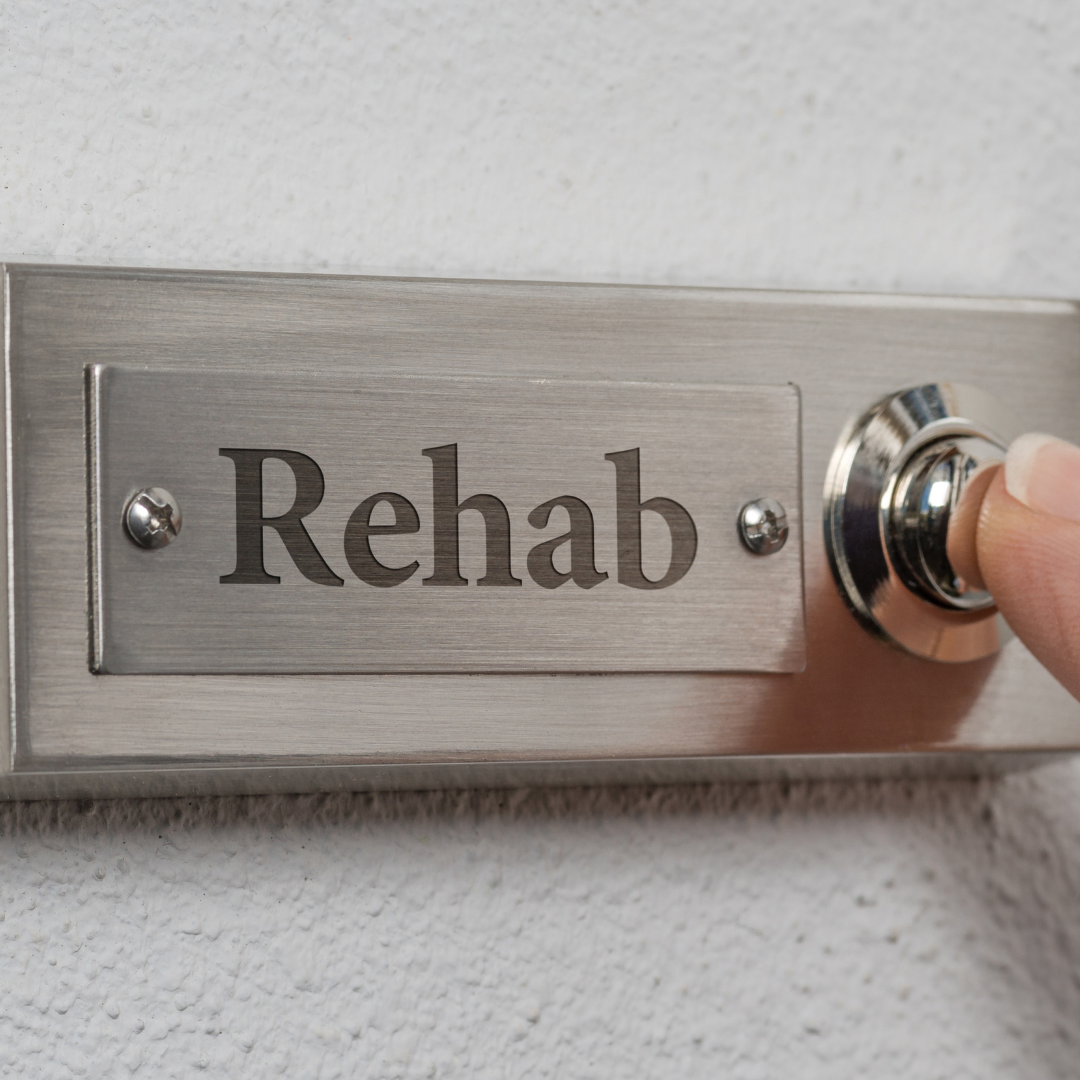The reality is that returning to drug use and abuse is one of the most challenging aspects of rehabilitation. Because substance use disorders typically chronic conditions, it requires a lifetime of work to prevent relapse and avoid engaging in activities that include the use of substances.
As you progress through life, you will face mental, emotional, and physical obstacles, all of which may increase your desire to use substances once again. In a perfect world, it would become easier over time to fight off the urge to use substances like alcohol and drugs, but that isn’t the situation for everyone. Relapse occurs in anywhere from 40 to 60 percent of those who suffer from drug use disorders.
Relapse from drug use disorders is comparable to other chronic diseases in terms of its symptoms and severity. For the CDC’s definition of chronic disease and a list of the diseases that fall under the category, click here. For instance, fifty to seventy percent of people who have hypertension (also known as high blood pressure) and asthma have relapses. Relapses may occur in between thirty percent and fifty percent of persons who have diabetes type I. In the same way that individuals who struggle with these disorders must dedicate themself to making a concerted effort to safeguard their health, addicts must do the same.
Mental Triggers and Relapse

On the level of the body, research investigations have shown it to be takes the brain upwards of a year to go back to the state of health it was in before it was exposed to alcohol or cocaine after it has been ceased. Certain odors and visual clues, such as passing through an area where a person has used drugs in the past, may evoke powerful memories of the behavior associated with drug use and may cause a person to have bodily desires.
When it comes to the mind, substances like alcohol and drugs are often used as coping techniques for stress or get ingrained in routines like attempting to unwind after a long day at work by drinking or getting high. Emotional states may also be a trigger for cravings to use, particularly if alcohol or drugs were formerly used as a means of escaping difficult feelings.
Do Addicts Quit On Their Own?
The term “spontaneous recovery from drug dependency” refers to the situation in which a person who has a substance use disorder (SUD) decides to stop using drugs or alcohol on their own without receiving any kind of formal treatment or being coerced into going to rehab. However, the investigation into the reason of this event has mostly failed to provide clear results due to the restrictions placed on the data that was accessible.
When attempting to characterize this phenomenon, several research and scientists each use their own nomenclature. Others refer to it as “spontaneous recovery,” while others use the term “spontaneous remission.” There is considerable controversy about the definition of “therapy.” In some research, 12-step programs are considered therapy, while in others, they are not. In addition, the researchers do not conduct a follow-up interview with the participants in the study after the allotted length of time has passed. At this point in time, the evidence supporting spontaneous recovery (https://en.wikipedia.org/wiki/Spontaneous_recovery) consists largely of anecdotal evidence.
An Alternative to Imprisonment Is Provided Through Compulsory Treatment for Addicts Who Are Criminal Offenders
It has been shown that clinical rehabilitation is a preferable option to jail terms for many offenders who are addicted to substances. When someone’s addiction is the true cause of their criminal activity, doing time in jail is often ineffectual at making long-term improvements in the patterns of behavior that they exhibit. However, former offenders who are able to maintain their sobriety are in a better position to keep their careers, cultivate positive relationships, and avoid getting into risky situations with drugs.
Research has also shown that coercing offenders to participate in therapy, like drug rehab in Hawaii, does not diminish the efficacy of the program. People often end up being quite devoted to their attempts at recovery, even though they may have originally been unwilling to engage in court-ordered rehabilitation.
It’s possible that judges who provide rehabilitation as a substitute for jail time will also monitor the defendant’s compliance with whatever limitations they impose. If criminals refuse to cooperate with their counselors, they run the risk of spending time in jail, which is a far more undesirable alternative for most individuals.



